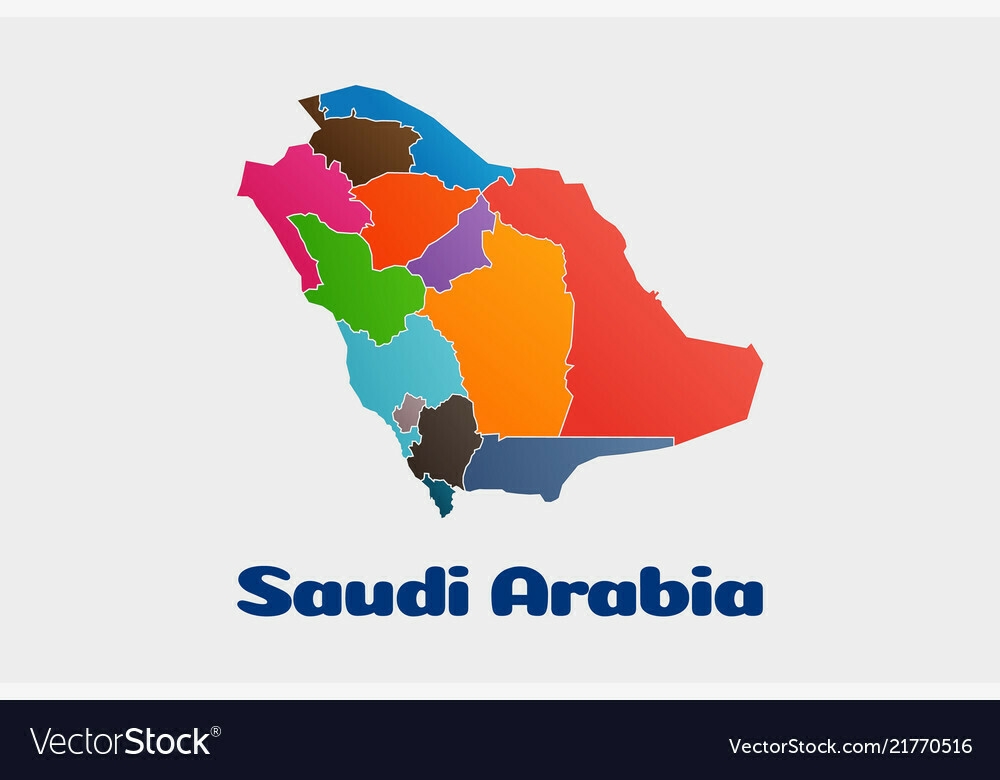Saudi Arabia on Tuesday projected its 2020 budget deficit will soar to around $79 billion, as the world’s top crude exporter reels from low oil prices and a coronavirus-led economic downturn.
Passing its budget for 2021, the kingdom also announced it was slashing government spending in a bid to reduce the shortfall during the year ahead, as it faces an eighth consecutive annual deficit. Saudi Arabia expects to post a deficit of 298 billion riyals ($79 billion) this year, or 12 percent of GDP, but expects it to fall next year to 141 billion riyals ($37.6 billion), or 4.9 percent of GDP, the finance ministry said in its budget statement. The latest projection for the 2020 deficit dwarfs the $50 billion that the kingdom had originally forecast going into this year, and the estimated $35 billion recorded in 2019. “The (economic) crisis has been managed with great care and effectiveness, which led to the mitigation of the negative effects on the Saudi economy,” Saudi Crown Prince Mohammed bin Salman was quoted as saying by state media. “2020 was a difficult year for the whole world due to the outbreak of the coronavirus pandemic, but the kingdom’s economy has proven its ability to withstand its impact.” The kingdom projects its economy — the largest in the Arab world –- will grow by 3.2 per cent next year, largely recovering from a projected 3.7 percent contraction this year, the budget statement said. The International Monetary Fund expects the kingdom’s economy to shrink by 5.4 per cent this year. Saudi Arabia has failed to balance its books since the oil price rout of 2014, prompting the petro-state to borrow heavily and draw from its reserves to plug the shortfall. The fiscal plans passed on Tuesday indicate a hard road to recovery for the kingdom — before the pandemic, it had bullishly predicted that the annual budget would be balanced by 2023. Saudi central bank reserves are expected to drop to 280 billion riyals ($74.6 billion) next year from a projected 346 billion riyals ($92 billion) this year, the finance ministry said. – Belt tightening – The kingdom is tightening its belt and pressing ahead with austerity measures amid low oil prices. Saudi Arabia plans to spend 990 billion riyals ($263.91 billion) in 2021, according to the budget statement, a drop of about seven percent compared to this year.
Oil income generates more than two-thirds of Saudi public revenues. In November, energy giant Aramco — Saudi Arabia’s cash cow — posted a 44.6 percent slump in profits for the third quarter, as the coronavirus pandemic weighs heavily on the global demand for crude oil. Saudi Arabia needs a crude price of about $80 a barrel to balance its budget, economic experts say, higher than the current price of around $50. A drop in state revenues is expected to hinder Crown Prince Mohammed bin Salman’s ambitious “Vision 2030” reform programme to overhaul the kingdom’s energy-reliant economy. The austerity measures so far announced are expected to only partially rein in the yawning budget deficit. In July, Saudi Arabia tripled its value added tax (VAT) to 15 percent, an unpopular measure that has weighed on household income, pushed up inflation and hit consumer spending. But the government has been careful not to cut public jobs and salaries amid already high youth unemployment. Nearly two-thirds of all Saudis are employed by the government, and the public sector wage bill accounts for roughly half of all government expenditure. In recent years, the petro-state has pushed other aggressive campaigns to diversify its income, hiking fees on expatriate workers and raising fuel and electricity prices.
source: Vanguard




